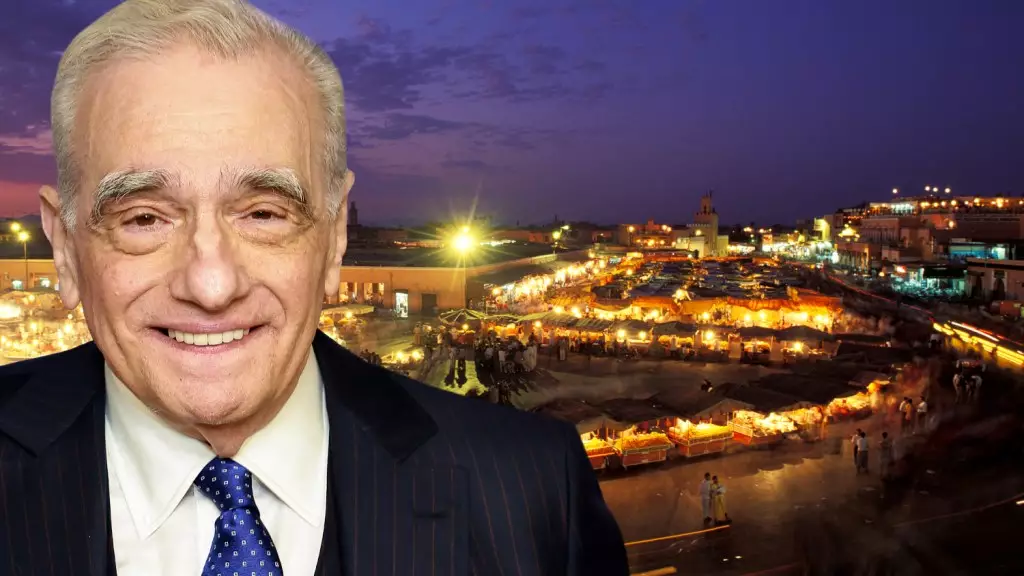Director Martin Scorsese recently opened up about his experience with Warner Bros. during the making of his award-winning film, The Departed. In an interview with GQ, Scorsese revealed that the studio asked him to change the ending of the film in order to create the potential for a sequel. Specifically, Warner Bros. wanted one of the two lead characters to survive, with the aim of developing a franchise.
Scorsese, however, firmly believed that altering the ending would compromise the integrity of his film. For him, the decision to have both characters meet their demise was not a moral consideration, but rather an artistic one. In his eyes, the ending was essential to create the emotional impact and thematic resonance that he intended for The Departed.
Although test audiences responded positively to the film’s ending, Warner Bros. expressed their disappointment, hoping for a more commercially viable option. Scorsese, on the other hand, was unwilling to compromise his artistic integrity to cater to the studio’s franchise ambitions.
Scorsese’s frustration extends beyond his personal experience to reflect a larger issue within the Hollywood industry: the obsession with franchises. He laments the impact this trend has on the film culture and future generations’ perception of what movies should be. By prioritizing franchise potential over artistic merit, Scorsese argues that Hollywood risks undermining the diverse and thought-provoking nature of cinema.
A Call for Artistic Reinvention
In light of this, Scorsese urges other filmmakers to take a stand and resist the pressure to conform to franchise-driven storytelling. He encourages them to maintain their artistic vision and create films that challenge and inspire audiences. Instead of complaining about the current state of the industry, he calls on artists to actively reinvent and reshape the landscape of cinema.
Scorsese believes that the battle against franchise obsession must be fought on a grassroots level. While it is crucial for filmmakers to remain steadfast in their commitment to artistic excellence, it is equally important for audiences and film enthusiasts to support and embrace original and innovative storytelling. By championing diverse voices and narratives, the industry as a whole can push back against the homogenization of cinema.
Martin Scorsese’s refusal to alter the ending of The Departed exemplifies his unwavering dedication to his artistic vision. His criticism of Hollywood’s franchise obsession serves as a call to action for filmmakers and audiences alike. By embracing and supporting creative risk-taking, the film industry can remain a vibrant and thought-provoking medium capable of shaping culture and inspiring generations to come.

